"A nation is not conquered until the hearts of its women are on the ground."
This Cheyenne proverb speaks to something profound about the nature of belonging—that true nationhood exists first in the spirit, in the collective consciousness of a people, before it ever manifests in physical territory or political structures.
Today, we stand at a remarkable inflection point in human history. For the first time ever, we have the technological infrastructure to create nations that exist primarily in digital space, bound not by geographic borders but by shared culture, values, and vision. The African diaspora—150 million people scattered across every continent—represents perhaps the greatest opportunity to demonstrate this new model of belonging.
But the journey from diaspora to digital nation requires us to fundamentally reimagine what we mean when we say "nation" itself.
The Diaspora Paradox
Traditional thinking views diaspora as dispersion—a scattering, a loss, a weakening of collective identity through geographic separation. The very word carries connotations of exile, of being displaced from a true home. Under this framework, the African diaspora has been seen as a tragic consequence of historical forces: the slave trade, colonialism, economic migration driven by necessity rather than choice.
This perspective, while acknowledging real historical trauma, fundamentally misses the revolutionary potential of our current moment. What if diaspora isn't dispersion but distribution? What if geographic scatter actually creates unprecedented opportunities for cultural influence and economic coordination?
Consider the mathematics of influence. A concentrated population of 150 million people in a single geographic location would constitute a significant nation-state. But 150 million people distributed across major cities in North America, Europe, Asia, and Australia? That's a presence in every major economic and cultural centre on the planet. That's not weakness—that's a network effect waiting to be activated.
The African diaspora isn't scattered debris from historical catastrophe. We are seeds planted in every fertile ground on Earth, ready to grow into something the world has never seen: a truly global cultural nation.
The Architecture of Belonging
Traditional nation-states are built on what we might call the "territory first" model. You control land, establish borders, create institutions within those borders, and then develop culture and identity around shared geographic experience. The people belong to the place, and the place defines the people.
But culture-first nations work in reverse. The culture comes first—shared stories, values, aesthetics, ways of seeing the world. The people belong to each other and to shared meaning, and then they create the infrastructure to support that belonging. The place serves the people, not the other way around.
This isn't just theoretical. We've seen glimpses of culture-first belonging throughout history. Jewish communities maintained coherent cultural identity across millennia of geographic dispersion. The early Christian church created belonging that transcended tribal and national boundaries. More recently, we've witnessed the emergence of digital-native communities that create profound bonds without ever meeting in physical space.
The difference now is scale and technology. We have the tools to create culture-first nations at unprecedented scale, with infrastructure sophisticated enough to support not just cultural exchange but economic coordination, collective decision-making, and coordinated action in the physical world.
For the African diaspora, this represents a complete reframe of our situation. We're not displaced people trying to reconnect with distant homelands. We're the founding citizens of humanity's first truly global cultural nation.
The Five Stages of National Evolution
Every nation—whether geographic or cultural—passes through predictable stages of development. Understanding these stages helps us see where we are and where we're going.
Stage 1: Tribal Consciousness
Small groups recognise shared identity and begin to coordinate around common interests. For the African diaspora, this stage has been happening for decades in local communities—Caribbean neighbourhoods in Brooklyn, African student associations on university campuses, professional networks like the National Society of Black Engineers.
Stage 2: Network Effects
Separate tribal groups begin connecting with each other, recognising that their local interests align with similar groups elsewhere. Social media has accelerated this stage dramatically. A young Nigerian entrepreneur in Lagos can now connect directly with a Ghanaian-American venture capitalist in Silicon Valley and a Afro-Brazilian creative director in São Paulo.
Stage 3: Cultural Coordination
The network begins to coordinate cultural production and consumption. We see this in the global success of Afrobeats, the international influence of African fashion, the worldwide audience for content creators who centre African culture. The culture becomes consciously global while remaining authentically rooted.
Stage 4: Economic Integration
Cultural coordination leads to economic coordination. Investment flows follow cultural connections. Trade relationships develop along cultural lines. We're beginning to see this as African diaspora investors increasingly look to African startups, as African fashion brands find global markets through diaspora networks, as remittances evolve from simple money transfers to sophisticated financial instruments.
Stage 5: Political Influence
Economic coordination creates political influence. The cultural nation begins to shape policy, influence elections, coordinate responses to global issues. This is the stage we're approaching—where the African diaspora acts not just as separate immigrant communities but as a coordinated global political force.
Most of the African diaspora is currently moving from Stage 2 to Stage 3. But the infrastructure we're building—the platforms, the economic models, the cultural institutions—is designed to accelerate our movement through all five stages.
The Three Pillars Revisited
Remember our three pillars: Content, Community, and Commerce. In the context of nation-building, these pillars take on deeper meaning.
Content becomes our Constitution.
The stories we tell, the values we celebrate, the visions we share—these become the fundamental laws of our cultural nation. Unlike geographic nations, where constitutions are written documents, cultural nations have living constitutions that evolve through ongoing cultural creation and curation.
Community becomes our Civil Society.
The relationships we build, the networks we nurture, the ways we support each other—these become the social infrastructure that holds our nation together. This isn't just about social media connections. It's about creating genuine accountability, mutual aid, collective decision-making processes.
Commerce becomes our Economic System.
The ways we exchange value, support each other's ventures, coordinate financial resources—these become the economic foundation that makes our cultural nation sustainable and powerful. This includes everything from supporting Black-owned businesses to creating new financial instruments that serve diaspora needs.
When these three pillars work together, they create something unprecedented: a nation that exists everywhere and nowhere, that belongs to all its citizens regardless of their physical location, that grows stronger through digital connection rather than geographic concentration.
Redefining Citizenship
What does it mean to be a citizen of a cultural nation? Traditional citizenship is binary—you either have it or you don't, based on birth location or legal process. Cultural citizenship is more nuanced, more participatory, more alive.
Cultural citizenship is earned through engagement. You become a citizen by participating in the culture, contributing to the community, supporting the economic ecosystem. Your citizenship grows stronger the more you engage. There are no passive citizens in a cultural nation—everyone is either actively participating or gradually fading from the community.
This creates a fundamentally different relationship between individual and nation. Geographic nations often treat citizens as subjects—people who owe loyalty and taxes in exchange for services and protection. Cultural nations treat citizens as stakeholders—people who have ownership in the shared project and who benefit directly from its success.
For the African diaspora, this reframe is particularly powerful. We're not immigrants trying to assimilate into other people's nations. We're not exiles dreaming of return to distant homelands. We're founding citizens of a new kind of nation entirely—one that includes everyone who sees themselves in our story and wants to contribute to our future.
The Network State in Practice
Balaji Srinivasan popularised the term "network state" to describe this new form of organisation—a highly aligned online community with a capacity for collective action that crowdfunds territory around the world and eventually gains diplomatic recognition from pre-existing states.
But for cultural nations like the one we're building, diplomatic recognition from existing states isn't the goal. Cultural influence is the goal. Economic coordination is the goal. Collective flourishing is the goal.
We don't need other countries to recognise us as a nation. We need other countries to recognise our cultural influence, our economic power, our ability to shape global trends and coordinate global action. We need them to see us as a force they must engage with, collaborate with, learn from.
This is already happening. When global brands want to reach young consumers, they increasingly look to African cultural producers for inspiration. When investors want to find the next big opportunities, they increasingly look to African and diaspora entrepreneurs. When cities want to attract creative talent, they increasingly focus on cultural diversity and African cultural amenities.
We're not building a nation that exists alongside other nations. We're building a nation that exists within and across other nations, that makes every place we are a little more aligned with our values, a little more supportive of our flourishing.
The Practical Path Forward
How do we actually make this transition from diaspora to nation? The path is both simple and complex, both individual and collective.
Individual Level:
Every person who identifies with African culture has a choice. You can remain a passive consumer of other people's cultural products, or you can become an active creator and curator of our shared culture. You can spend your money wherever is convenient, or you can consciously support businesses that align with our values. You can engage with your local community as an individual, or you can see yourself as a representative of something larger.
Community Level:
Every African diaspora community—whether geographic or interest-based—has a choice. You can remain focused only on local issues, or you can see your local community as a node in a global network. You can compete with other African communities for limited resources, or you can coordinate with them to create shared abundance.
Platform Level:
Every creator, entrepreneur, and leader building for African diaspora audiences has a choice. You can build isolated platforms that extract value from our communities, or you can build interoperable infrastructure that strengthens our collective capacity. You can optimise for short-term individual success, or you can optimise for long-term community flourishing.
The most powerful aspect of this transition is that it doesn't require anyone's permission. We don't need government approval to start seeing ourselves as citizens of a cultural nation. We don't need institutional support to start coordinating across geographic boundaries. We don't need venture capital to start building the infrastructure we need.
We just need to begin. And we need to begin together.
The Future of Belonging
Fifty years from now, when historians look back at this moment, they will see it as the beginning of a new chapter in human organisation. The era when humanity learned to create nations based on shared culture rather than shared geography. The era when digital tools finally became sophisticated enough to support the full complexity of human community at global scale.
The African diaspora has the opportunity to be the first example of this new model working at full scale. Not because we're somehow special or chosen, but because our circumstances—150 million people distributed globally, connected by culture but not constrained by geography—make us the perfect test case for culture-first nation building.
But the vision extends beyond us. If we can prove that cultural nations work, we open the door for other global communities to organise in similar ways. Religious communities, professional communities, ideological communities—all could learn from our model and adapt it to their own needs.
We're not just building a nation for ourselves. We're pioneering a new form of human organisation that could help solve some of the biggest challenges facing humanity in the 21st century: how to maintain meaningful community in an increasingly mobile world, how to coordinate action across traditional boundaries, how to create belonging that transcends the accidents of birth and geography.
This is bigger than culture. This is bigger than economics. This is about fundamentally expanding what it means to be human in a connected world.
The diaspora phase of our story is ending. The nation-building phase is beginning.
The question isn't whether this will happen. The question is whether you'll be a founding citizen or a late adopter. Whether you'll help build the infrastructure or just benefit from what others create. Whether you'll be part of the story we tell about how the new mainstream began.
The choice is yours. But the time is now.

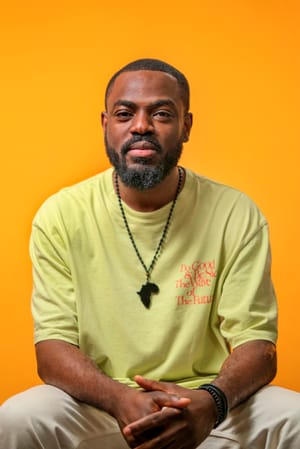
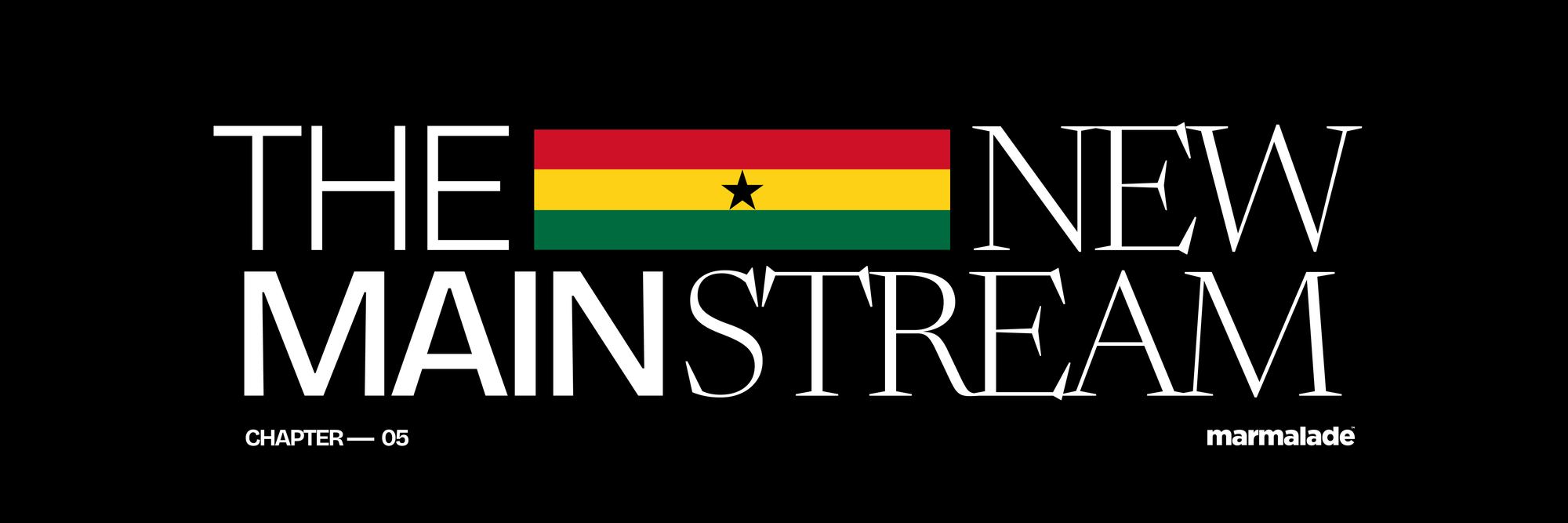
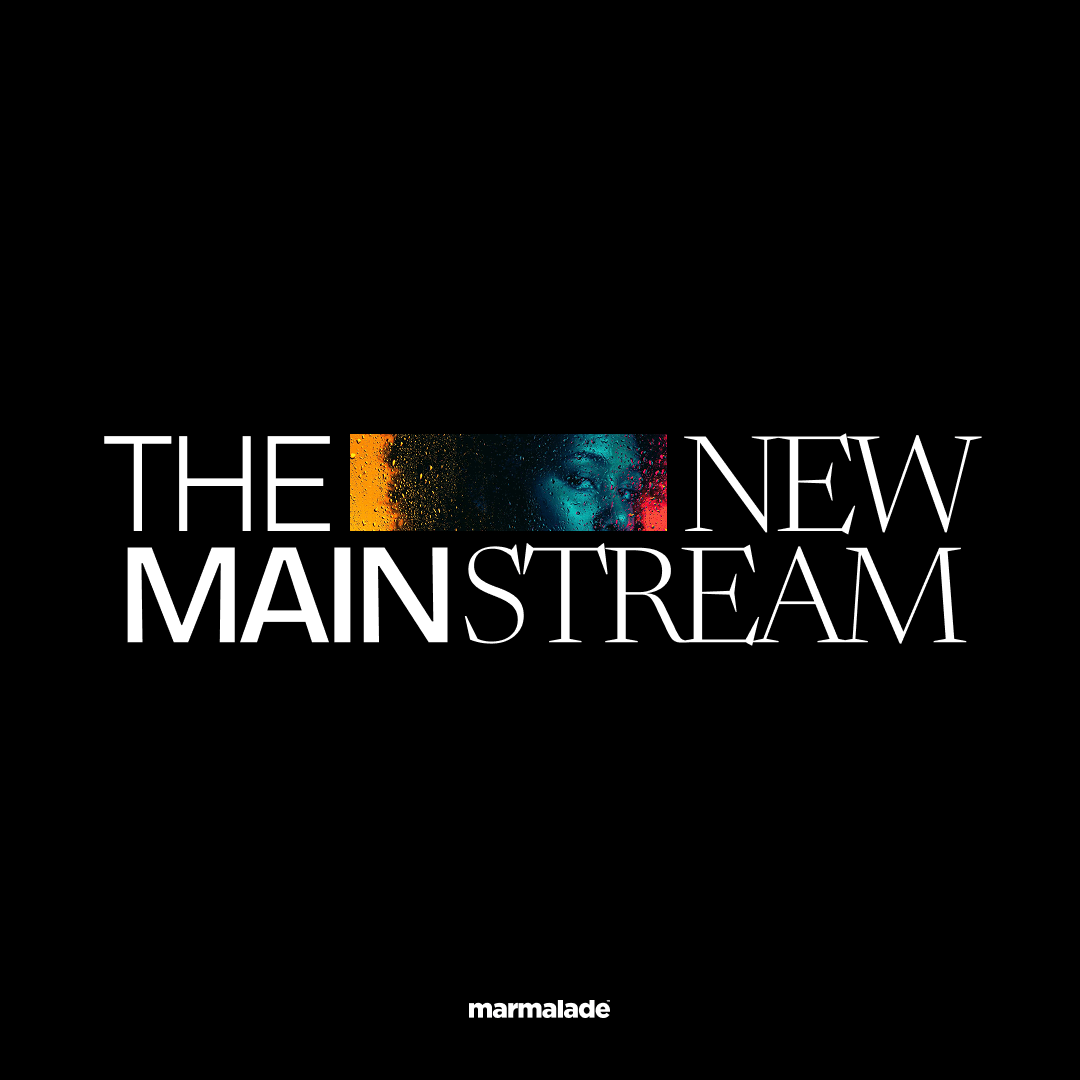
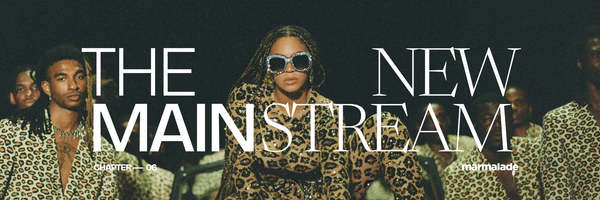
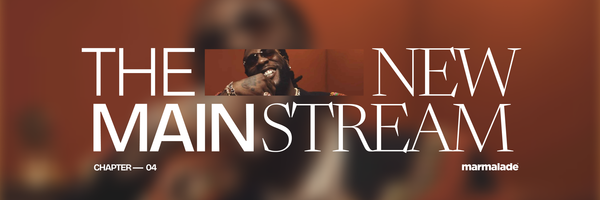
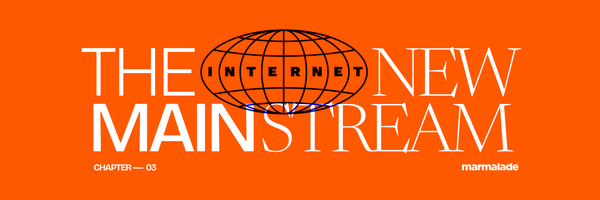
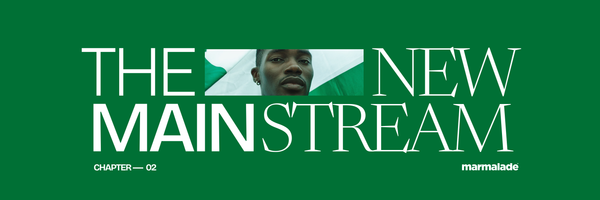
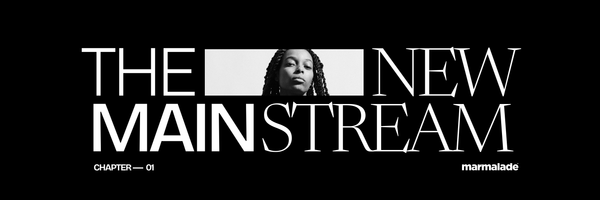
Member discussion